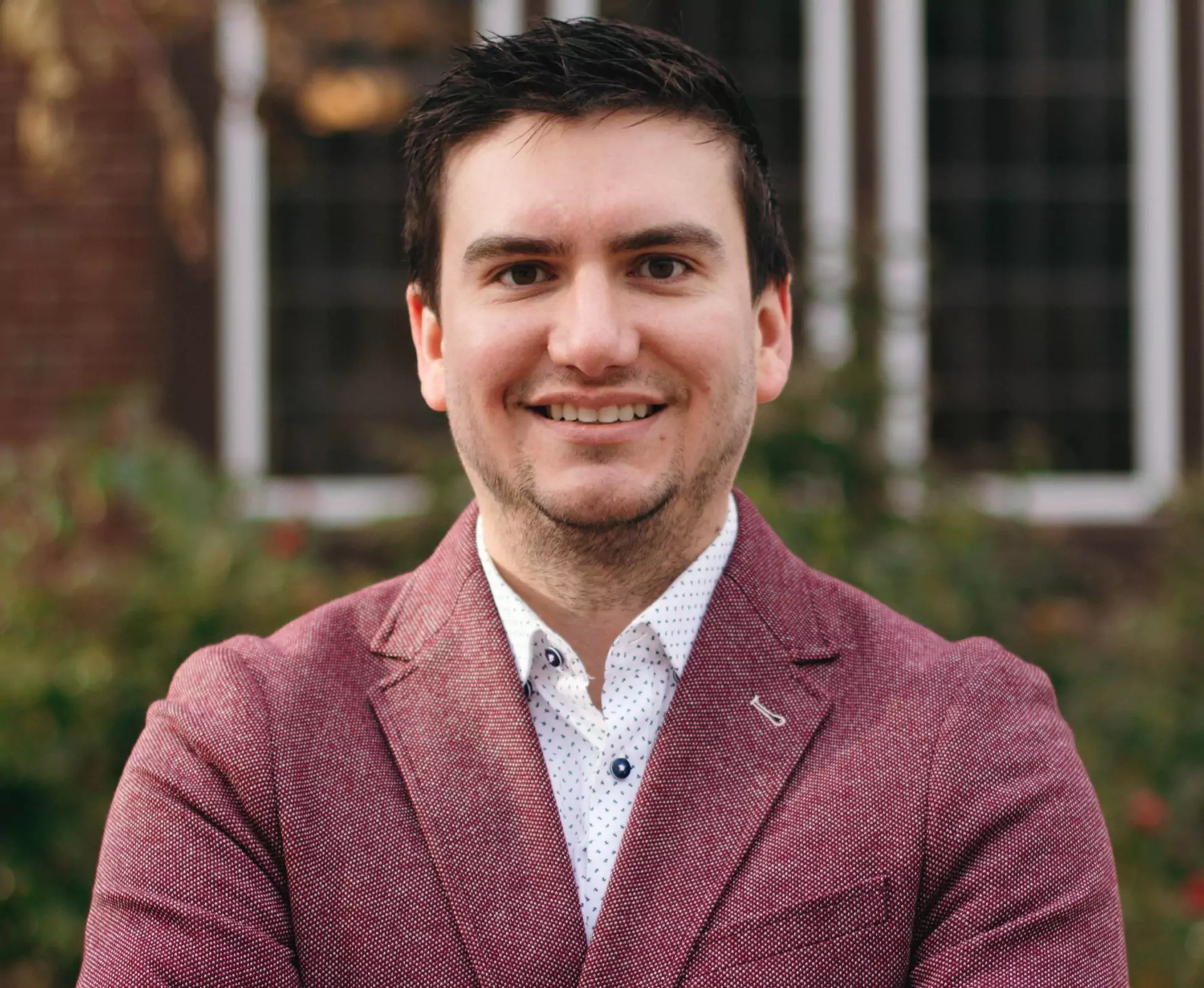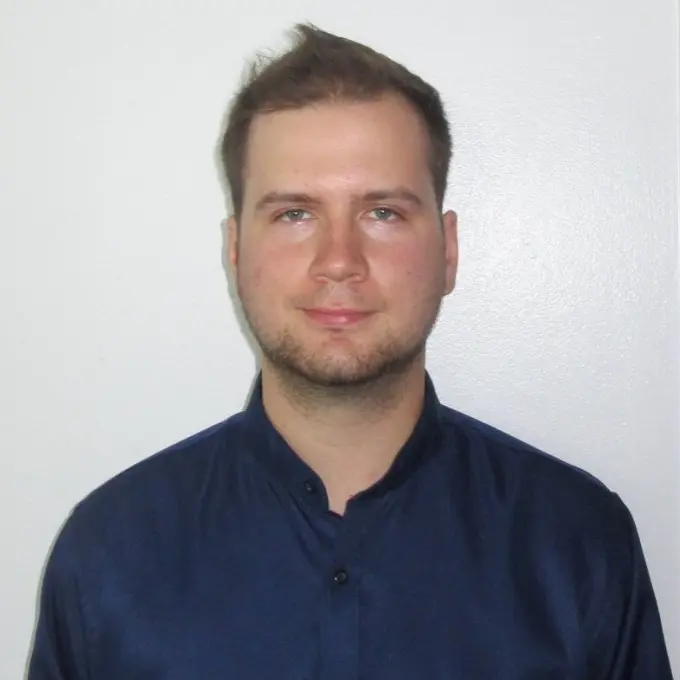What I liked most about the Economic Policy program at McMaster University is how well it prepares you to enter the job market ... the focus is teaching you skills.
What do you like most about your program?
What I liked most about the Economic Policy program at McMaster University is how well it prepares you to enter the job market. You still go over important micro/macroeconomic models and maximization problems, but most of the focus is teaching you skills that you will implement in your future career. The professors in the program are very knowledgeable and always willing to put in some extra time to help you out with your studies and career. One of my professors (Professor Sweetman) even helped me update my resume and regularly sent me job opportunities that he thought would fit my skillset.
What do you find beneficial about your program?
There are many benefits to taking the Masters in Economic Policy program, the first one is the length it takes to complete your degree. You gain so much important knowledge in a short amount of time and in just 12 short months you are a master’s graduate; the opportunity cost is definitely worth it. Being around like-minded people with similar goals is also very beneficial. I have learned almost as much from my peers and their various backgrounds as I did from the policy program.
In your opinion, what is the value of a Economics degree?
In today’s climate, an Economics degree is invaluable. It can lead you to so many different career paths in the public or private fields: economist, financial/data analyst, researcher, accountant, consultant, etc. Furthermore, it can help you understand and analyze everyday policy changes that are occurring in your city/province/country. Having a basic understanding of Economics can help you develop better spending habits, gain important knowledge and skills that employers want, and enable you to contribute to the greater good of society.
What advice would you give to a current student interested in career options?
You have to be passionate about what you’re doing if you want to make it your career. Go out of your way to get involved on campus, go to your department events and get to know your professors. Seek internship opportunities early on, the more work experience you can get early on in your degree the better equipped you will be when you’re on the job hunt after graduating. Find a balance with your social life, burnout is a real problem! If you can find a healthy balance between your social life and your schooling/work, you’re going to be set up well for a good future.
What advice would you give a future student interested in the department or programs?
Ask lots of questions! You will quickly learn that people love talking about the things they are passionate about. Ask about what the student life on campus is like, what you can do with this type of degree, how many students typically get jobs after graduating. Don’t be afraid to ask the tough questions that you think are important, this is YOUR future and you deserve to have the best opportunities.








